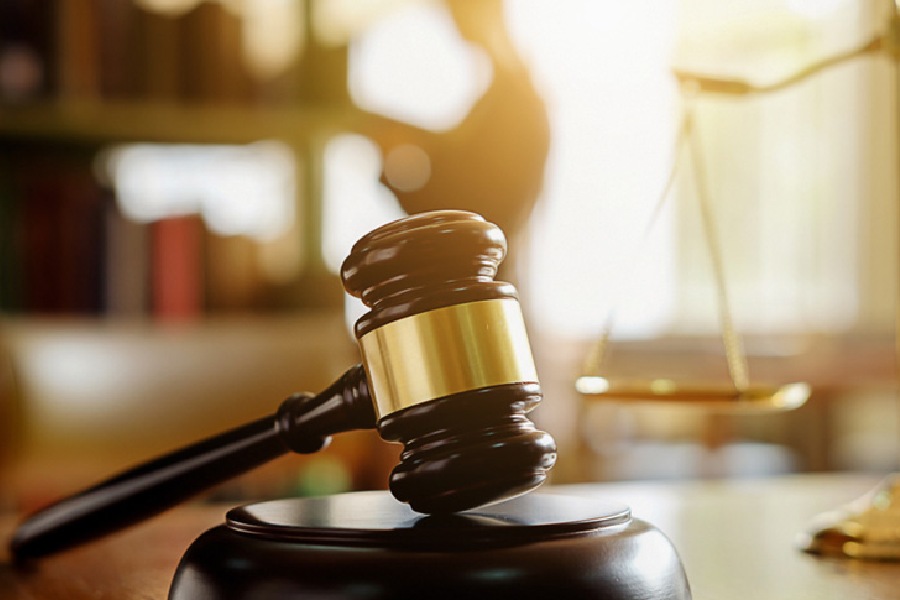Problems surrounding waqf properties were not entirely eliminated with the Waqf Act of 1995. Irregularities and the lack of transparency with regard to ownership and management of almost half the waqf properties, together with the looming potential for dispute, suggested the need for further reforms. The waqf (amendment) bill, 2024 was prepared for this purpose, but it was formulated without discussions with stakeholders, scholars and experts of the community. Organisations such as the All India Muslim Personal Law Board were not asked for suggestions. That is being seen as strange, since waqf properties are specifically related to religious or charitable use. On top of that, the changes introduced in the bill for the purposes of clarifying ownership, reforming management and reducing disputes have been labelled unconstitutional, anti-minority and divisive by the Opposition. The reason lies in an inner shift, by which non-Muslim members have been introduced to the state waqf boards. Although the State always had a part in the management of waqf properties, ministers and legislators on boards and the Central Waqf Council came from the minority community. Disputes over identifying land ownership will be decided not by the tribunal as earlier but by the district collector and, if not settled, an appeal can be made to the civil court.
These changes would mean a far larger role for the State in the management of waqf properties. Various problems are being foreseen with the entry of non-Muslim members unacquainted with Islamic practices on the boards and there are fears that the entry of civil authorities could prolong disputes rather than reduce them. Waqf properties identified orally or by use have been eliminated in the bill; all such properties must be registered and have a waqfnama. They will be audited regularly by the office of the Comptroller and Auditor General. Women are also to be made board members. These clarificatory and progressive steps, however, have been undermined by the bias towards government intervention. While reform is necessary, it should evolve with discussion and with the community taking up the reins of change. It is to be hoped that modifications will be suggested by the joint parliamentary committee to which the bill has now gone. The government is not bound to accept its recommendations, but the bill in its final form should not be divisive or cause feelings of alienation.











